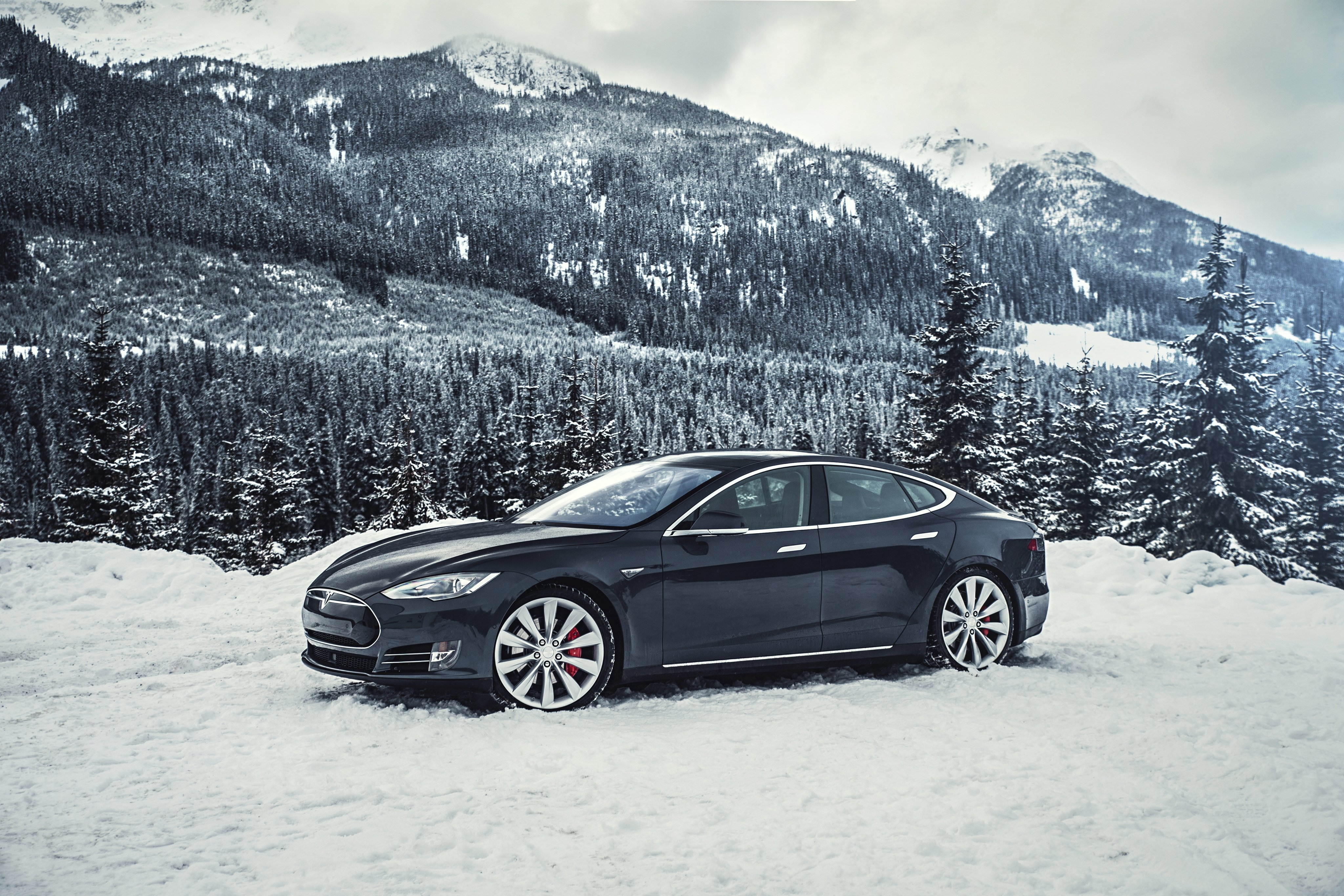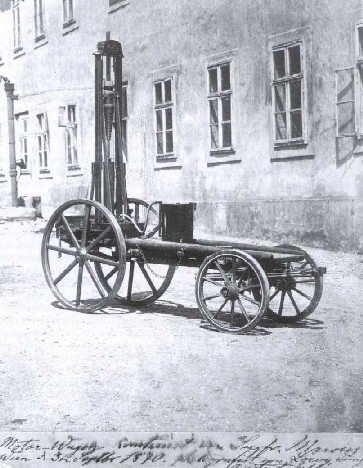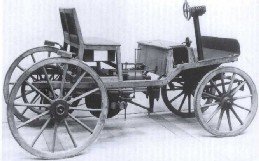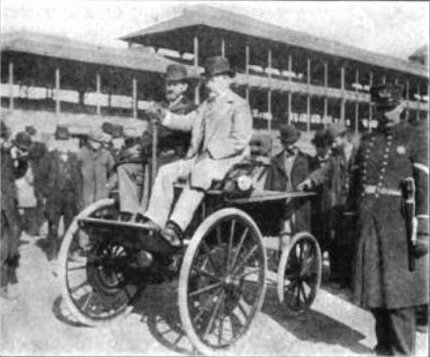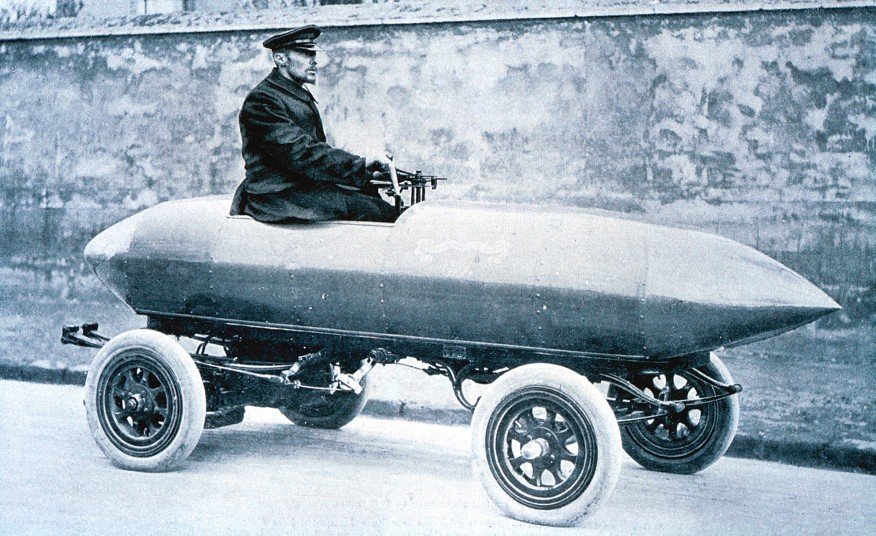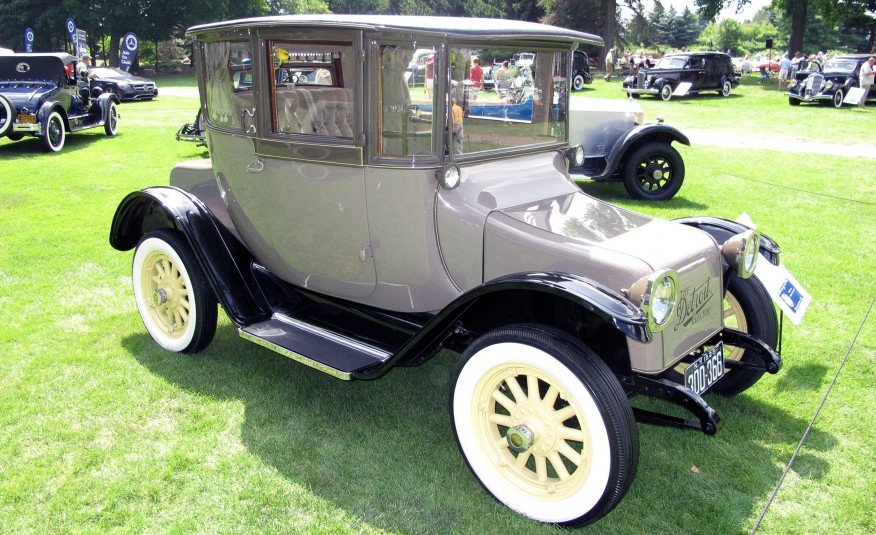Dear Stemians, today is the last day of misconception challenge organised by @suesa. This is my contribution about misconception of electric vehicles.
One of most common misconceptions is that electric cars started to appear just recently. Throughout our lives we have mostly seen gasoline and diesel powered cars ruling the roads. But in early days of automotive history there were some amazing twists that many are unfamiliar with.
To my surprise the first internal combustion engine was actually powered by hydrogen designed in 1808. The first vehicle propelled by gasoline was made in 1870. It was actually a handcart also known as "the first Marcus car", but not recognized as a car. First practical gasoline powered automobiles were completed simultaneously in 1886 by several German engineers working independently.
With invention of electric motor in 1828 also began the first experiments with small model cars. It passed many years of improving on electrical motor efficiency and batteries to get the usable car. The year 1888 is regarded as year when the first real electrical car came to the world.
And here comes the twist. Electric cars were superior and more popular than than its rivals in late 19th and early 20th century. They offered comfort and ease of operation that gasoline powered cars could not match. Sales of electric cars peaked in 1912.
The Electrobat was first successful electric car built in 1894. Later model built in 1896 had range of 40 km at speed of 32 km/h.
La Jamais Contente was the first vehicle to go above 100 km/h and above all it was electric. It used two 25kW motors. And that happened in the year 1899!
The first car to have seat belts was an electric car named Torpedo that reached top speed of 121 km/h.
1923 Detroit Electric had a range of 130 km with the speed of 40 km/h.
Invention of electric starter, quicker refueling times and growing petroleum infrastructure pawed the way of gasoline powered cars. Massively produced gasoline vehicles by Ford Motor Company reduced car costs by less than half that of equivalent electric cars. It was a clear win for the gasoline powered cars which erased electric cars from important markets by 1930.
After the failed attempt in 1990s to bring electric cars back it looks like more and more manufactures are showing interest in electric cars again. That is mainly because of Tesla's huge success. It looks like the future is in electric vehicles again which I'm really looking forward to :)
References:
[1] History of Electric Cars
[2] Breif History of Electric Car
[3] History of Automobile
[4] Electric Motor

